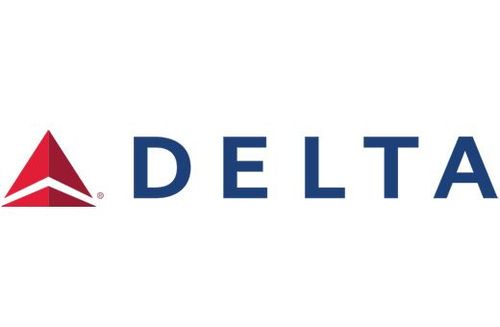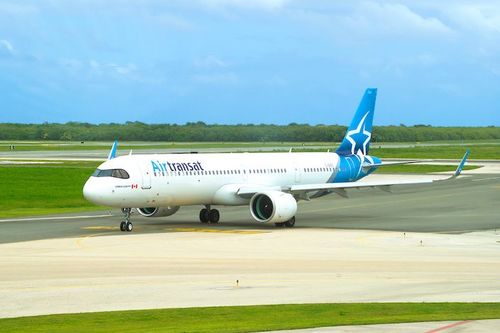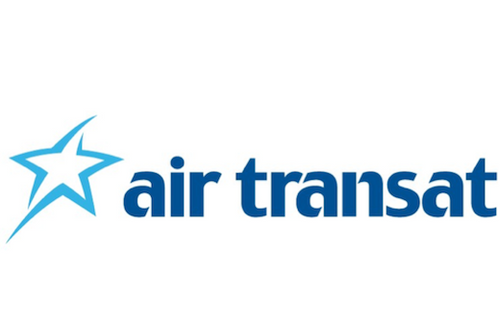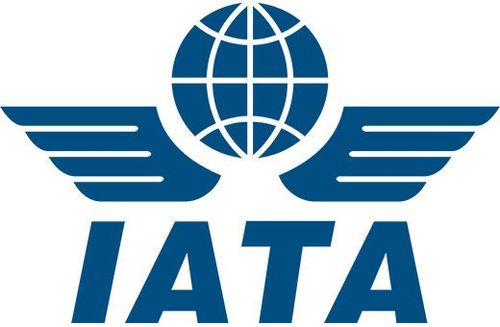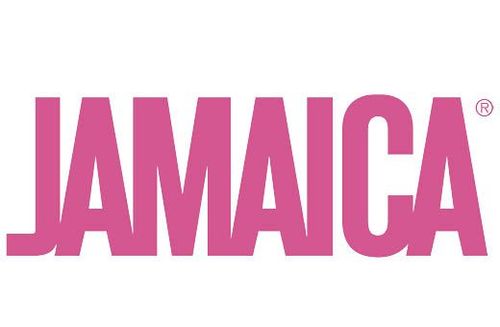Where travel agents earn, learn and save!
News / Delta’s deal with Gevo pushes SAF goal forward
This partnership significantly increases Delta’s access to sustainable aviation fuel while expanding the alternative fuel market. Sustainable aviation fuel is produced from bio feedstocks that can reduce greenhouse gas lifecycle emissions significantly compared to conventional jet fuel
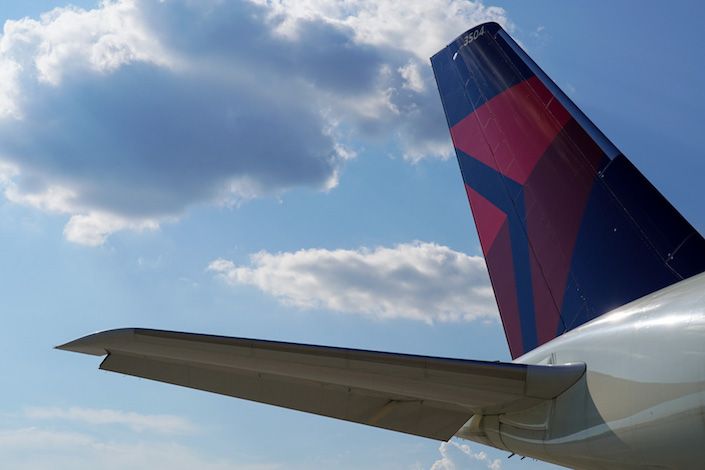
Delta is making strides toward its goal of fueling 10% of its operation with sustainable aviation fuel by the end of 2030, signing an agreement with SAF maker Gevo that significantly expands the availability of this nascent technology. Through the agreement, Delta expects to receive roughly 75 million gallons of SAF annually for seven years, anticipated to start mid-2026.
“SAF is existing technology that is crucial for the industry to achieve its net-zero goals” said Pam Fletcher, Delta’s Chief Sustainability Officer. “SAF is our best opportunity today for meaningful reductions in emissions from air travel, but the market needs investment and engagement from all stakeholders. From federal policy that puts it financially on par with road-based fuels to broad corporate interest, all stakeholders need to drive forward access to SAF in order to expand the market and meet the needs of the industry.”
Delta will need to secure 400 million gallons annually by the end of 2030 to meet its 10% SAF procurement commitment and approximately 4 billion gallons annually if it were to fly solely on SAF. However, the market remains nascent due to limited supply and high costs. Today, there is only enough SAF available on the market to support one day of Delta’s operations at pre-pandemic levels. But the industry needs this technology to grow and develop as it is the most meaningful solution to reducing aviation's carbon emissions.
SAF can reduce lifecycle greenhouse gas emissions, which is the greenhouse gas impact from fuel during each stage of its production and use, up to 80% compared to fossil jet fuels. It can leverage existing technology and infrastructure, such as fuel delivery pipelines, and work with current fleet models. SAF is blended with conventional jet fuel to reduce overall emissions while meeting FAA regulations.
“On behalf of the entire team at Gevo, I want to congratulate our partners at Delta for their leadership in continuously pushing the aviation industry towards net-zero emissions. SAF production creates good-paying jobs in manufacturing, improves the environmental quality for all, and fosters rural economic opportunity for feedstocks and pathways,” said Patrick R. Gruber, Ph.D, Gevo’s Chief Executive Officer. “With the right policies and incentives in place, we can unlock a future where sustainable aviation fuel is a viable climate solution that benefits air travel and beyond.”
In 2021, Delta purchased over 300,000 gallons of SAF, collaborating with its corporate partners to help grow the underdeveloped SAF market.
It also joined the First Movers Coalition, a public-private partnership and platform designed to accelerate and scale the development of breakthrough technologies and fuels, helping hard-to-abate sectors like aviation reduce greenhouse gas emissions.
Through this and other partnerships, Delta advocates for policy support and market incentives that will catalyze the burgeoning SAF industry, such as a feedstock and tech-neutral SAF-specific Blenders Tax Credit coupled with a robust SAF grant program. Read more about Delta’s efforts to grow the SAF market on the Delta News Hub.



